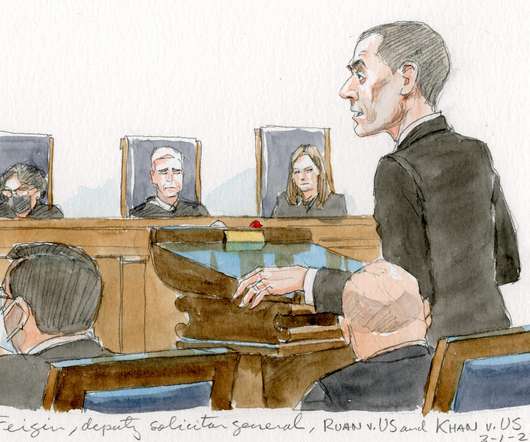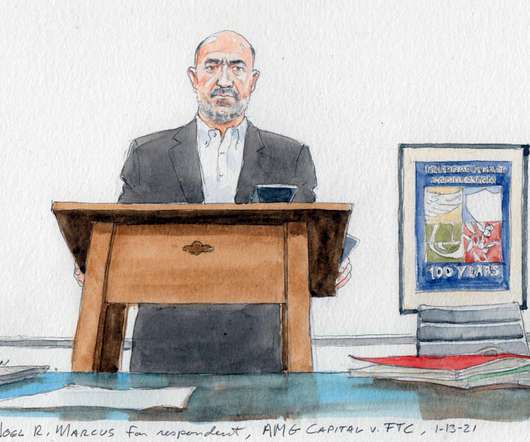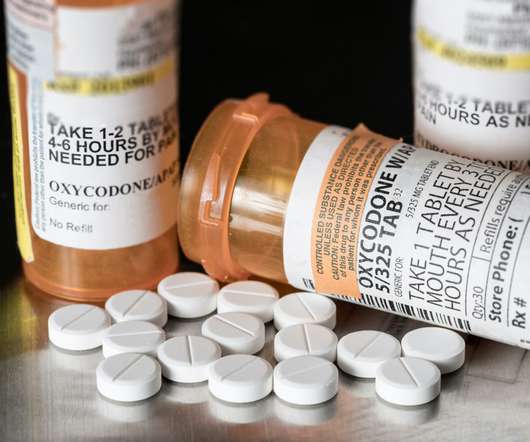Subjective intent of wrongdoing required to convict doctors under Controlled Substances Act
SCOTUSBlog
JUNE 28, 2022
Share With a majority opinion that will be one of Justice Stephen Breyer’s last for the Supreme Court, the court on Monday ruled 9-0 that two alleged opioids “pill mill” doctors could not be convicted absent a jury finding that they subjectively believed they were wrongfully dispensing pills. The case, Ruan v.


















Let's personalize your content